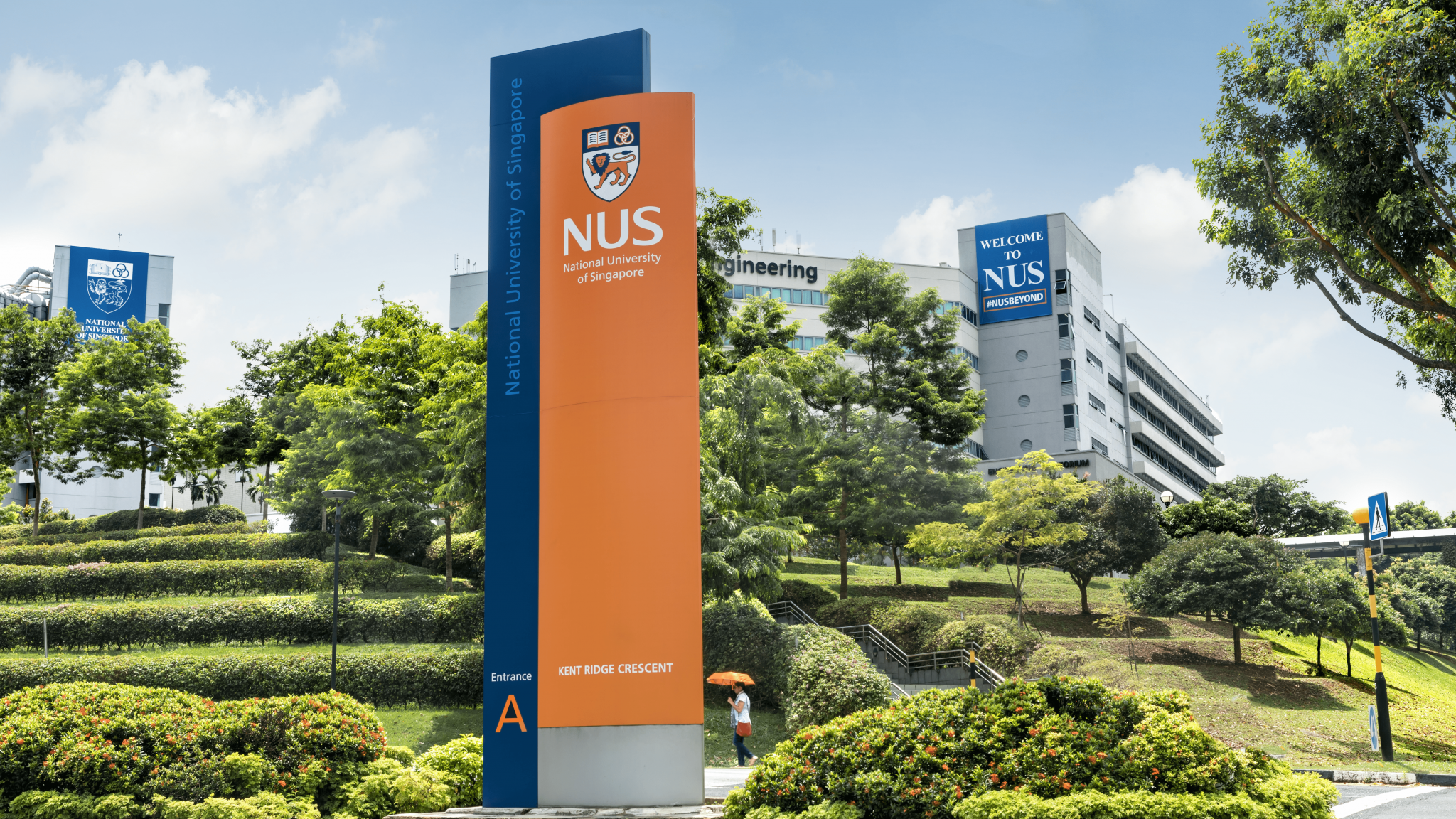QS University Subject Rankings Released, Singapore Leading in Asia

On April 10th, the British education market consulting firm Quacquarelli Symonds (QS) released the “2024 World University Subject Rankings.” National University of Singapore (NUS) and Nanyang Technological University (NTU) have a total of 29 courses ranked in the top ten globally in the latest QS World University Subject Rankings, the highest among Asian countries and regions.
Data shows that a total of 103 academic courses from Singapore’s five public universities and higher education institutions have made it to the list, with 29 entering the top ten. This means that Singapore occupies more than sixty percent of the 46 top ten positions sought after by over 400 universities in 17 countries and regions in Asia. This university subject ranking covers 16,400 courses from over 1,500 universities worldwide in 56 subjects. Evaluation indicators include academic reputation, employer evaluations of universities, and research paper citations, among others.
Source: Lianhe Zaobao
In a statement, QS mentioned that Singapore’s higher education system is one of the strongest globally, with 28% of the ranked courses in the top ten, the highest proportion globally, and twice that of its closest competitor, Switzerland.
Apart from NUS and NTU, other local institutions participating in the rankings include Singapore Management University, Singapore University of Technology and Design, and LASALLE College of the Arts. LASALLE College of the Arts is one of the colleges under the newly established Singapore University of the Arts, which officially started classes in August. The five Singaporean institutions have a total of 51 courses in the top 20 and 77 in the top 50. Besides NUS and NTU, Singapore University of Social Sciences is the only local university with courses ranked in the top 50 globally. NUS ranks 10th and NTU ranks 14th in the field of Business and Management.
Singapore has consistently performed well in this ranking over the years and has made significant progress this year after a slight stagnation last year. This is mainly attributed to the strategic planning and investment by Singapore’s universities over the years.
RECENT POSTS




The Journey of Studying Abroad in Singapore

Challenges of Studying Abroad in Singapore

Tips for Studying Abroad in Singapore

